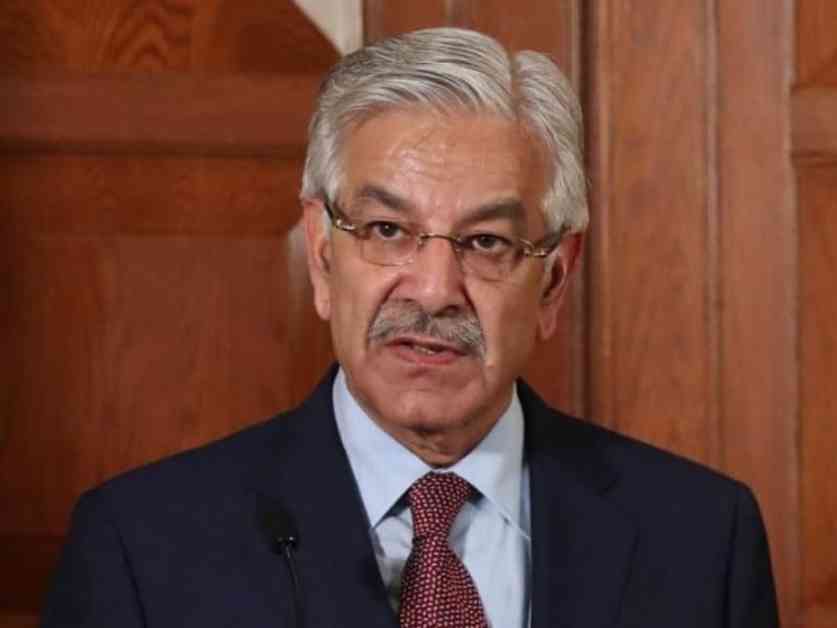Government-PTI Negotiations: Khawaja Asif’s Remarks
Defence Minister Khawaja Asif recently provided an update on the ongoing negotiations between the government and the Pakistan Tehreek-e-Insaf (PTI) party. In a statement to Express News programme Centre Stage, Asif revealed that there had been no significant progress in the talks so far. He emphasized that the government was not compelled to engage with the opposition party, indicating a stalemate in the negotiation process.
PTI’s Demands and Threats
The PTI has put forth two demands during the negotiations: the establishment of a judicial commission to investigate events from May 9 and November 26, and the release of political prisoners, including party chairman Imran Khan. Last month, Khan threatened to launch a civil disobedience movement if these demands were not met, raising political tensions. However, he later decided to delay the plan after consulting with his advisors.
Government Response and Future Outlook
In response to PTI’s demands, Prime Minister Shehbaz Sharif formed a committee to facilitate negotiations with the opposition party. However, Asif noted that talks had only revolved around breaking the ice and easing political tensions. Despite the lack of progress, Asif expressed hope for a breakthrough in the next round of discussions.
Pakistan-Afghanistan Relations and Security Concerns
Asif also touched upon the security situation in the Kurram district, blaming the Khyber-Pakhtunkhwa government for negligence that led to unrest in the region. He highlighted the importance of cooperation between institutions to address the country’s challenges. Additionally, Asif emphasized Pakistan’s commitment to maintaining normal relations with Afghanistan, urging the Afghan government to prevent its territory from being used against Pakistan.
Asif’s remarks shed light on the complexities of government-opposition negotiations and the broader regional security concerns that impact Pakistan’s stability. The future of the talks between the government and the PTI remains uncertain, with both parties holding firm on their respective positions. As stakeholders navigate these discussions, the outcome will undoubtedly shape the political landscape in the coming days.









